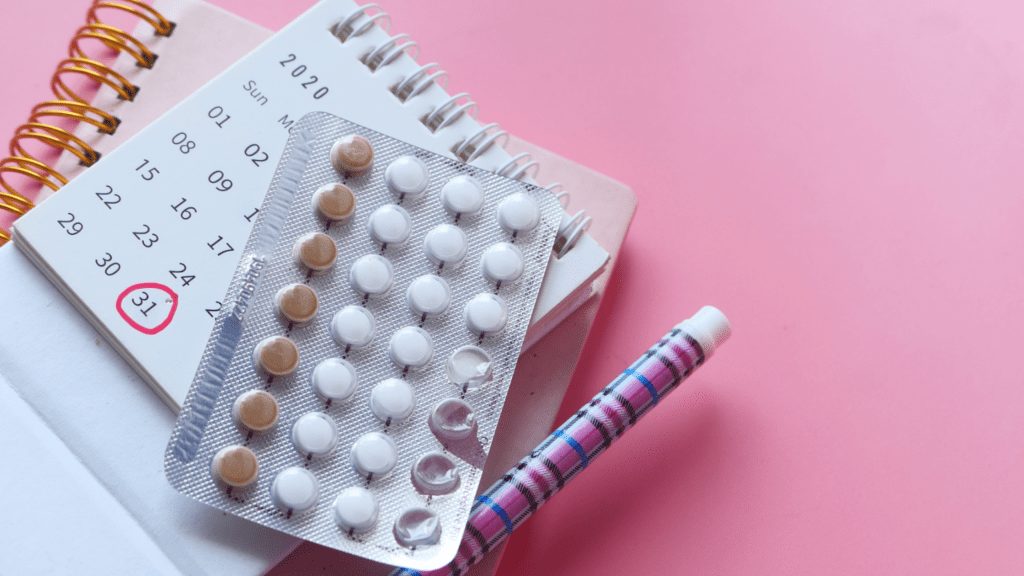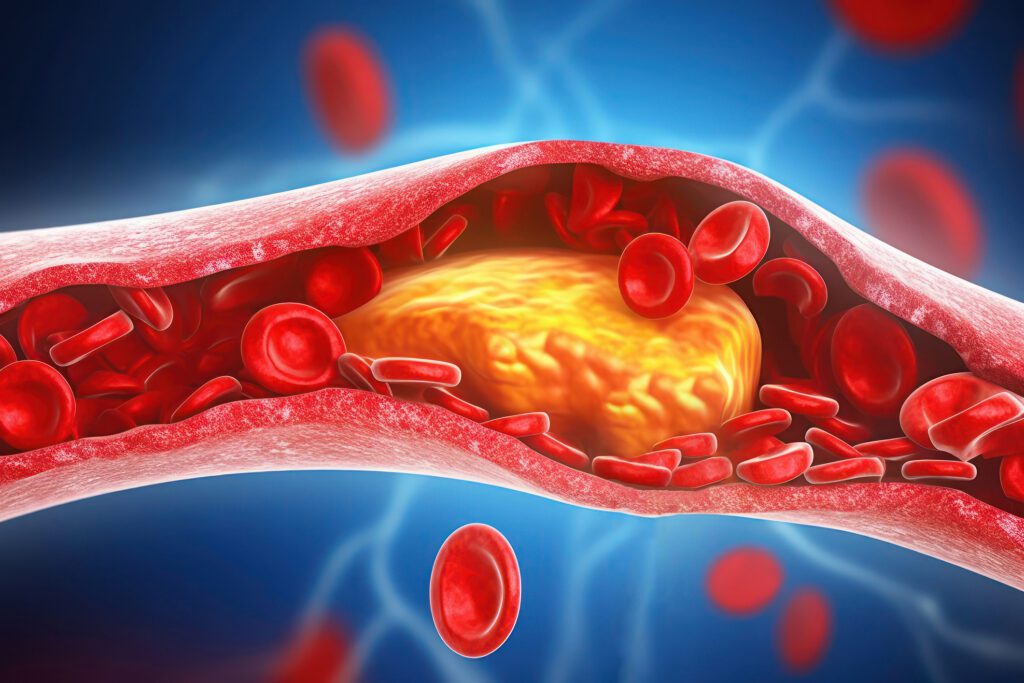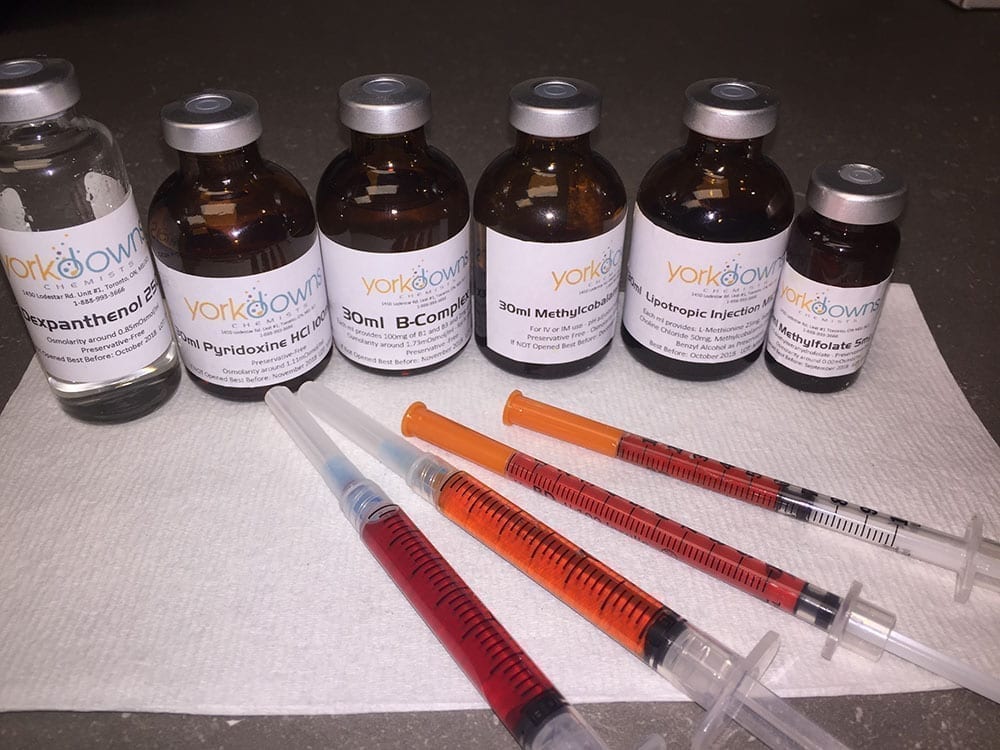Summer is here and everyone is heading to beach! Many of us look forward to the sunshine and sun tanning, but easily forget to protect our skin. The same rays that tan us also age our skin, causing wrinkles, fine lines, age spots and put us at an increased risk for skin cancer.
When we burn, we damage our skin. Our skin cells (melanocytes) produce melanin to protect our cells from sun damage. This is what a tan is, the melanin is the tan. So the less melanocytes you have (the more fair your skin is), the higher your risk of sun damage, and therefore skin aging and skin cancer.
The good news is that there are ways to reverse this premature aging and reduce your risk of sun damage and skin cancer. Here are some simple, scientifically proven, natural ways to do this: high dose antioxidants!
Top 5 Antioxidants to add daily:
- Vitamin E: found in almonds, avocados, and sunflower seeds. As a supplement use mixed tocopherols. Dosage: 400 IU/ day
- Vitamin C: found in tomatoes, red/green peppers, melons, citrus fruits, broccoli. Dosage: use a vitamin C without sugar: 1000 mg/day
- Resveratrol: found abundantly in the skin of red grapes, and red wine. Dosage: 200mg/day. In addition to skin protection, colleagues at the University of South Australia found that 75 obese men and women with mildly elevated blood pressure had improved vasodilation (improved blood flow throw the vessels) after 6 weeks of taking Resveratrol extract.
- Green tea. At least 2 cups per day… Studies clearly show that the polyphenols in green tea help to prevent skin tumors and skin damage.
- Vitamin B3 (Niacinamide). In a phase II, double-blinded, randomized-controlled trial, oral niacinamide in a dose of 500mg twice a day for four months was found to significantly reduce the number of actinic keratosis (precancerous lesions) by one third. Compared with placebo, niacinamide decreased the incidence of new skin cancers (basal cell or squamous cell carcinoma) by 76%, and decreased the number of patients who developed at least 1 skin cancer by 86%. (Surjana D et al. J Invest Dermatol. 2012;132:1497-1500.) All patients were encouraged to use daily sunscreen during the trial.* Oral niacinamide and other nutrients can interfere with medications – Please consult with your health care provider before starting any new supplement program
5 Nutrient-Rich foods for Sun Protection:
- Beta – carotene. Research shows that eating 5 servings of foods that contain Beta-carotene for 1 month is enough to protect your skin from sun damage. Foods high in beta-carotene are often orange and include apricots, cantaloupe, mangoes, carrots, sweet potatoes, squash, pumpkin, as well as, dark green leafy vegetables and broccoli.
- Broccoli sprouts. At John Hopkins University, mice fed broccoli sprouts twice a week for 17 weeks and saw a 70% reduction in the formation of skin tumors. So add broccoli sprouts to your diet! Sprinkle 1⁄2 cup daily on your salad or as a side dish.
- Lycopenes found in tomatoes and watermelons are excellent skin protectors.
- Turmeric has excellent antioxidant properties. Use in cooking. Great in Indian dishes!
- Dark chocolate. Choose chocolate with greater than 70% cocoa. Enjoy 2 squares / day.
Common sense for skin health is important too. I encourage anyone with sun damage to have their skin examined by their health care provider on an annual basis. Avoid sun exposure during peak hours of 11am to 4pm. And opt for naturally based sunscreens. I always recommend The Environmental Working Group database to view the toxicity level of your current sunscreen and to find a better one: ewg.org/skindeep.
Sometimes a dermatologist is able to provide specific laser care to reduce the appearance and progression of sun-damaged skin. Cold Laser Therapy is also available in our office to help reduce age spots and for the treatment of other skin conditions.






